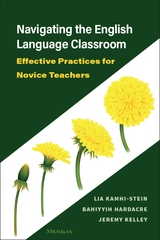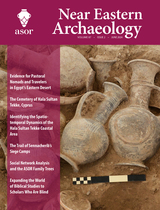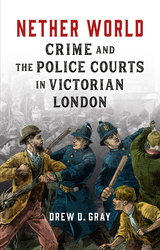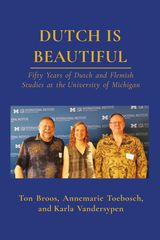
Dutch is Beautiful tells the story of the fifty years of Dutch and Flemish Studies at the University of Michigan in Ann Arbor, Michigan, USA. It is an account of the efforts to promote Dutch and Flemish culture and language, as well as a description of how the teaching of Dutch language, literature, history and culture can be a tool to look at a world of diverse identities. It also offers a comprehensive overview of the beginnings of a successful program that included Dutch writers-in-residence, visiting Netherlands professors, cultural and educational events, arts, music, films, conferences and publications. Several alumni of the program look back at their college years with appreciation. Articles and essays on history, Anne Frank, and conversations on colonialism discuss critical and educational views on Dutch and Flemish Studies in past, present and future, when diversity, equity and inclusion are important goals and objectives, and public scholarship and academic activism will be a larger part of the curriculum. This book will inform, entertain, stimulate and impress everyone who is interested in the culture of the Low Countries. The title says it all!
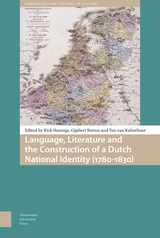
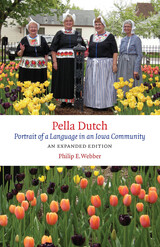
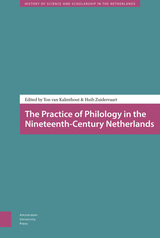

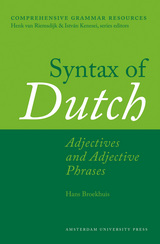
All together, the series will include seven volumes to be published between 2012 and 2016, each an essential addition to the library of any linguist working with Dutch.
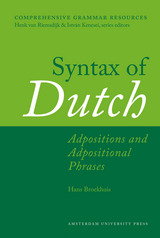
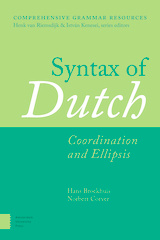
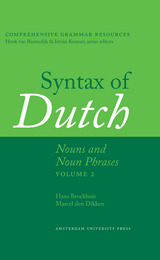
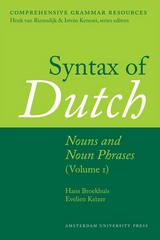
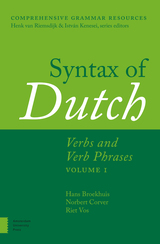
Syntax of Dutch: Verbs and Verb Phrases consists of three volumes. Volume 1 opens with a general introduction to verbs, including a review of various verb classifications and discussions on inflection, tense, mood, modality and aspect. This is followed by a comprehensive discussion of complementation (argument structure and verb frame alternations). Volume 2 continues the discussion of complementation, but is more specifically focused on clausal complements: the reader will find detailed discussions of finite and infinitival argument clauses, complex verb constructions and verb clustering. Volume 3 concludes with a description of adverbial modification and the overall structure of clauses in relation to, e.g., word order (verb placement, wh-movement. extraposition phenomena, scrambling, etc.).
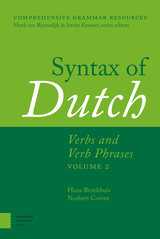
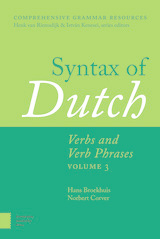
READERS
Browse our collection.
PUBLISHERS
See BiblioVault's publisher services.
STUDENT SERVICES
Files for college accessibility offices.
UChicago Accessibility Resources
home | accessibility | search | about | contact us
BiblioVault ® 2001 - 2024
The University of Chicago Press


